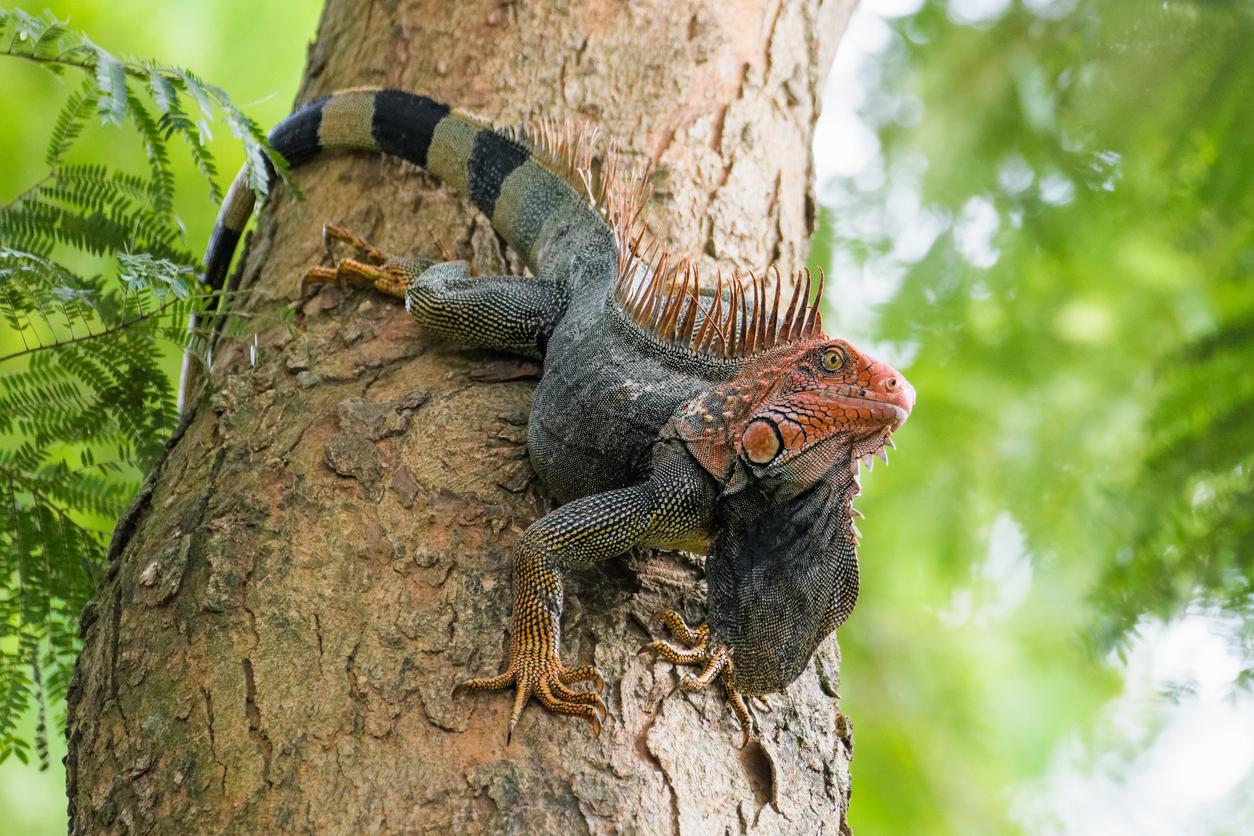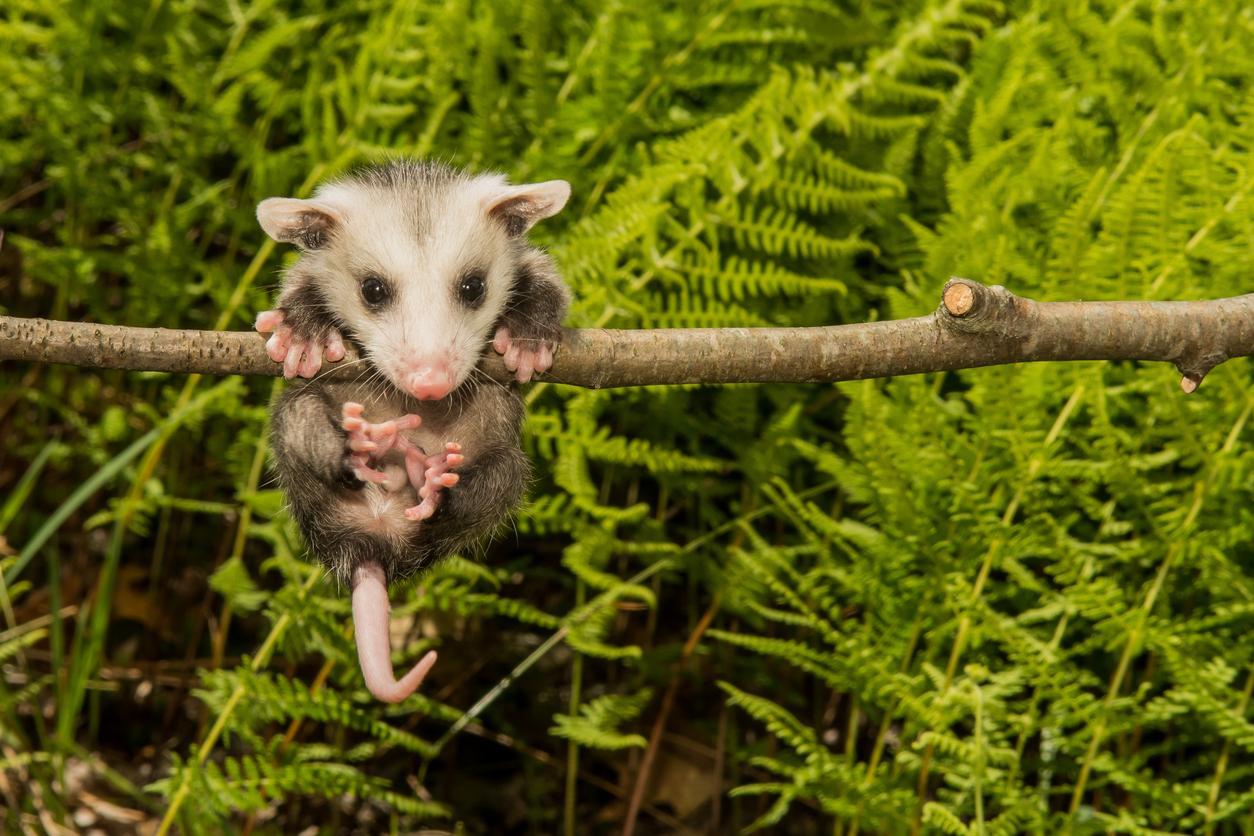A three-year-old girl has developed a rare infection after being bitten by an iguana trying to steal her cake.

- A baby girl bitten on her finger by an iguana in Costa Rica developed a lump 5 months later.
- A biopsy revealed that she was infected with bacteria called Mycobacterium marinum. There are few cases in humans.
- This is the first case of an iguana-linked infection in humans documented by scientists.
Generally, iguanas are harmless herbivores to humans. But one of them, apparently greedy, bit a 3-year-old girl to steal the snack her parents had just given her. In addition to injuring her finger, he gave her a rare bacterial infection. She is the first documented case after an iguana bite.
A lump appears 5 months after the bite.
The case of young Lena Mars will be presented to the “European Congress of Clinical Microbiology and Infectious Diseases” which will be held in Copenhagen from April 15-18, 2023. The iguana bit the little Californian while she was vacationing in Costa Rica in March 2022. The parents quickly took the child to a local hospital. Healthcare professionals disinfected the lesion and prescribed antibiotic treatment. The wound gradually healed over the next two weeks.
So when a lump appeared on the girl’s hand five months later, the family did not connect the incident. The pediatrician then thought of a cyst without gravity. But the lump continued to grow and began to cause pain over the following weeks. A biopsy was then performed last November.
Asked by CNNDr. Jordan Mah, author of the presentation and expert in medical microbiology at Stanford University, notes: “I think when they went to seek medical attention for the bump, the bite kind of escaped them because they didn’t see it as a potential exposure because it had just healed. And it wasn’t until later in treatment, when it got worse, that it came back to them and they reported it to the doctor.”.
Iguana bite: the bacterium Mycobacterium marinum in question
Analysis of the samples revealed that little Lena had a rare Mycobacterium marinum infection. This is a bacterium that most commonly causes tuberculosis-like disease in fish. Very present in fresh and salt water, it rarely affects humans.
Most human contaminations are linked to wounds that come into contact with water infected by bacteria, rather than to animal bites. The infection is characterized by a rash that can spread in a spherical pattern. It may develop into a nodule with pus or turn into an ulcer.
Antibiotics alone usually do not control the disease. Doctors prescribed the little girl rifampicin, an antimicrobial, and clarithromycin, an antibiotic often used for skin infections.
“Usually with these infections, because they take a very long time to develop and they are a bit more difficult, you have to treat them for a longer period of time, sometimes several months”, says Dr. Mah. He confides that the patient’s state of health has improved. “I wouldn’t say 100%, but she’s doing a lot better than she was at the start.”
He confides to the American media: “We know a lot about animal bites and bacteria, infections, tracking, say dogs or cats, but there really isn’t much about lizards, let alone iguanas.” “I don’t think people should be afraid, but doctors should be aware of this possibility”he concludes.
The parents also gave an update on their daughter in a press release picked up by CNN. “Our daughter, Lena, has just celebrated her 4th birthday and is still recovering from surgery in November. The wound is healing and the whole healing process has taken on more force than the bite itself. Lena is the bravest child we can imagine and she handles the situation quite well. She remembers the bite perfectly and knows that the bacteria came from the iguana. She will probably never forget the experience, but we hope that one day we can all laugh at what happened.”















